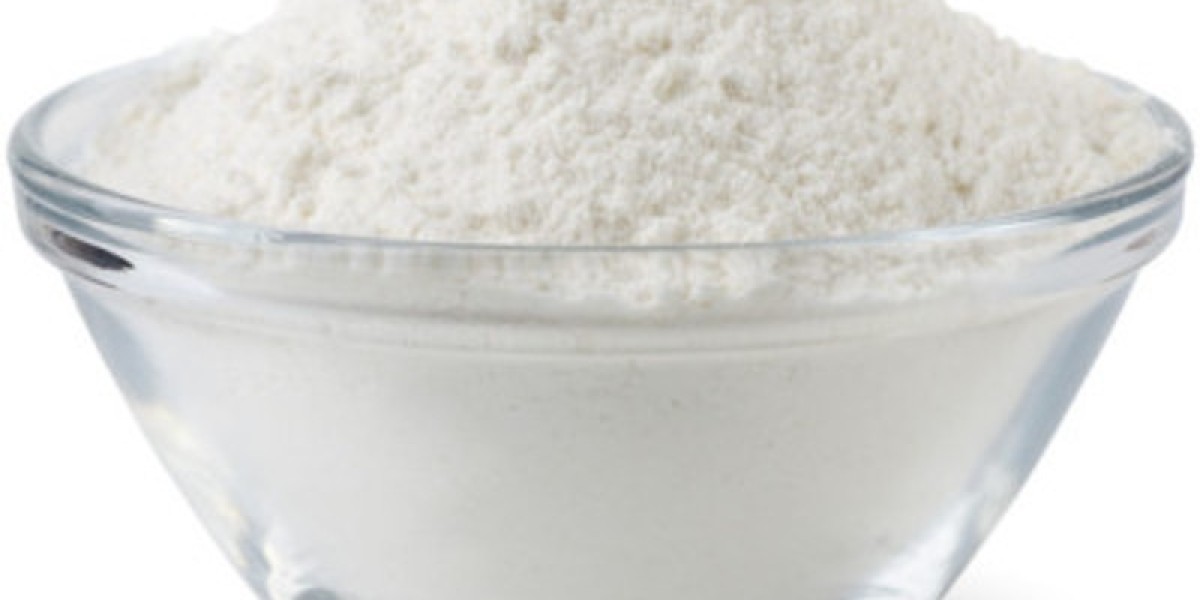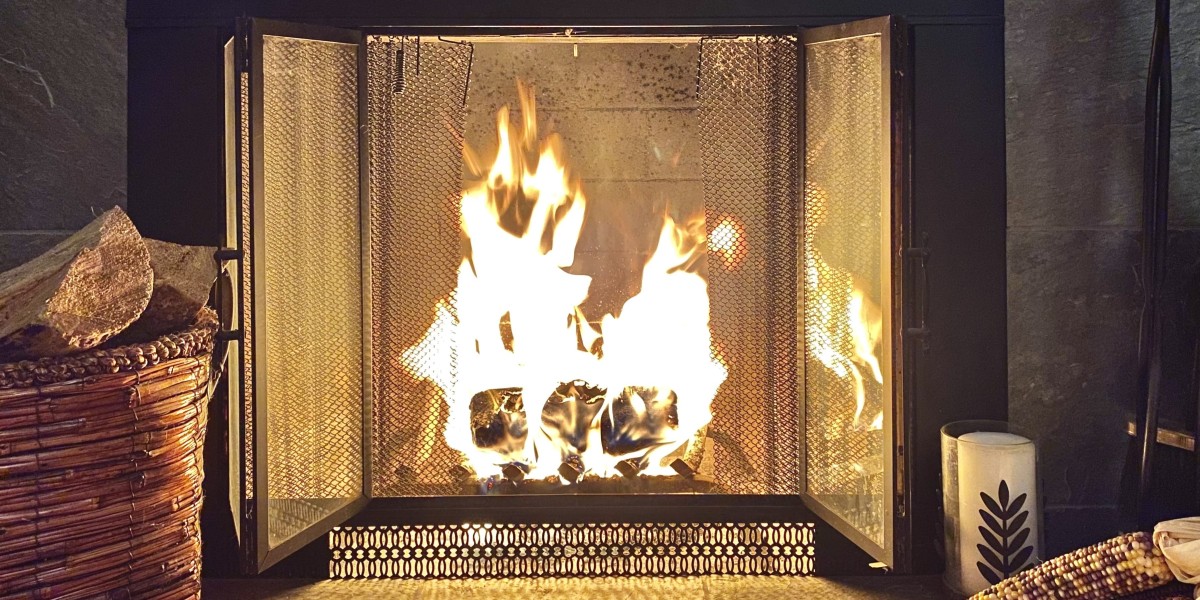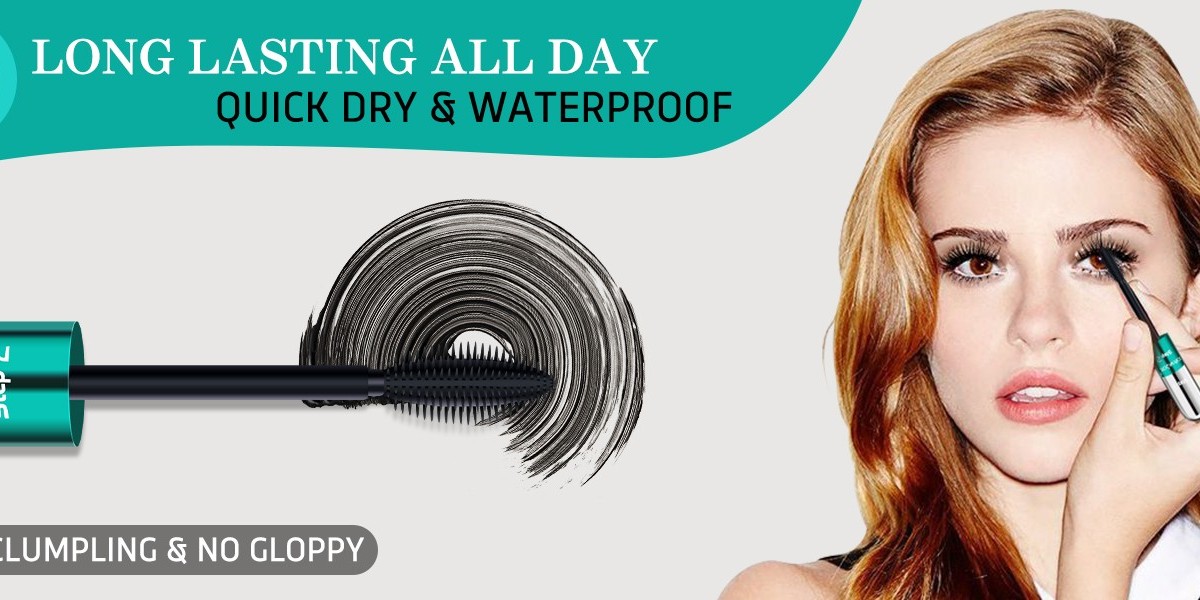Epoxy and polyurethane industrial coating supplies are both popular choices for industrial and commercial applications, but they have distinct properties that make them suitable for different uses. Here’s a detailed comparison of the two:
1. Chemical Composition and Basic Properties
- Epoxy industrial coating supplies:
- Made from epoxy resin and a hardener, creating a tough, durable surface.
- Known for excellent adhesion to various substrates, including concrete, metal, and wood.
- Typically more rigid and brittle compared to polyurethane.
- Polyurethane industrial coating supplies:
- Formed from a reaction between diisocyanates and polyols, resulting in a more flexible and elastic coating.
- Offers superior UV resistance, meaning it won’t yellow or degrade when exposed to sunlight.
2. Durability and Resistance
- Epoxy industrial coating supplies:
- Highly durable and resistant to chemical spills, making it ideal for industrial settings.
- Excellent for areas with heavy traffic and impact, such as factory floors.
- More resistant to acids and bases compared to polyurethane.
- Polyurethane industrial coating supplies:
- Provides superior impact and abrasion resistance, making it suitable for areas with high foot traffic.
- Retains its gloss and color stability over time, maintaining a better aesthetic appearance.
- More flexible, which means it can better accommodate minor surface movements.
3. Application and Curing Time
- Epoxy industrial coating supplies:
- Generally require a longer curing time, often up to 7 days for full cure.
- More sensitive to moisture and humidity during application.
- Polyurethane industrial coating supplies:
- Faster curing time compared to epoxy, allowing for quicker project completion.
- Less sensitive to moisture during application.
4. Cost
- Epoxy industrial coating supplies:
- Typically less expensive upfront but may require more frequent maintenance or replacement.
- Polyurethane industrial coating supplies:
- Often more expensive initially but can offer long-term cost savings due to its durability and lower maintenance needs.
5. Appearance
- Epoxy industrial coating supplies:
- Can be formulated in various colors and finishes, including non-slip options.
- Polyurethane industrial coating supplies:
- Known for a smoother, glossier finish that retains its appearance over time.
6. Recommended Uses
- Epoxy industrial coating supplies:
- Ideal for concrete floors, industrial settings, laboratories, hospitals, and areas with chemical exposure.
- Great for repairing and building up thickness on existing surfaces.
- Polyurethane industrial coating supplies:
- Suitable for high-traffic areas, outdoor applications, and surfaces that require UV protection.
- Often used in food processing facilities, automotive, and marine applications.
Conclusion
Choosing between epoxy and polyurethane industrial coating supplies depends on your specific needs. Epoxy is more rigid and chemically resistant, making it ideal for industrial floors and surfaces that need to withstand heavy traffic and chemical exposure. Polyurethane, with its flexibility, UV resistance, and superior impact resistance, is better suited for high-traffic areas and outdoor applications where appearance and long-term durability are important.









